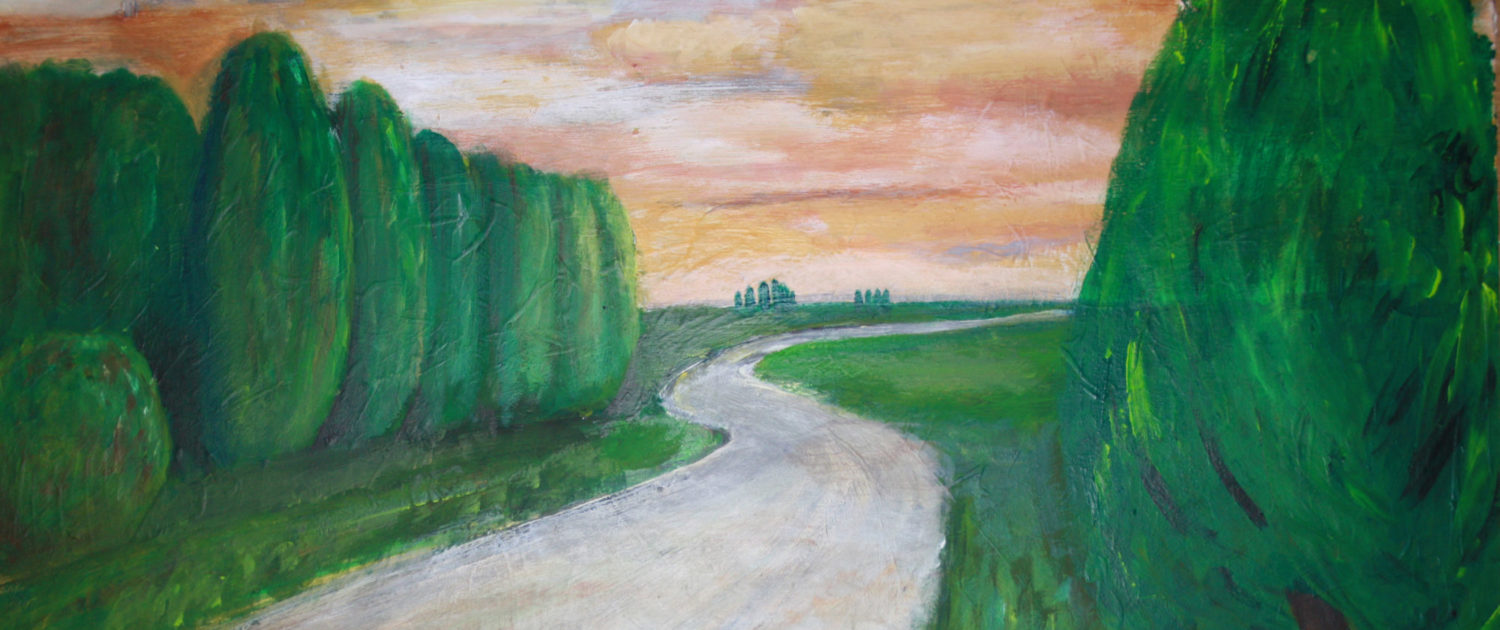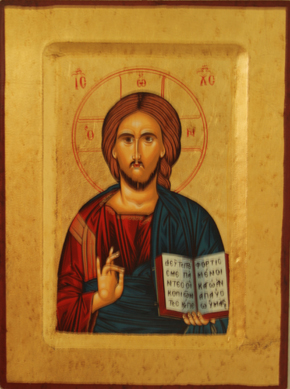God in everyday life – What does it mean for me to be a Christian?
What does it mean to be a Christian – in the midst of everyday life, between mountains of laundry, work, obligations to others, encounters and flights of fancy?
I, Esther Sühling, have often pondered this question. And because I believe it concerns many of us, this website, among others, was created: "God in Everyday Life".
Some people say: It doesn't matter what you believe. Others are convinced that only a certain kind of faith leads to salvation. We think: Neither of these is true. For me, it's about something else. Something healing.
This thought leads me to further questions:
– What is healing faith – for me, for others?
– What helps me to stay connected – with myself, with others, with God?
– What keeps my spirituality alive – even when I don’t have time?
And I sense: Jesus shows us what spirituality can look like in everyday life. How love becomes concrete—not just in the glamorous moments, but in the spaces in between.


